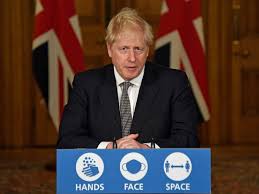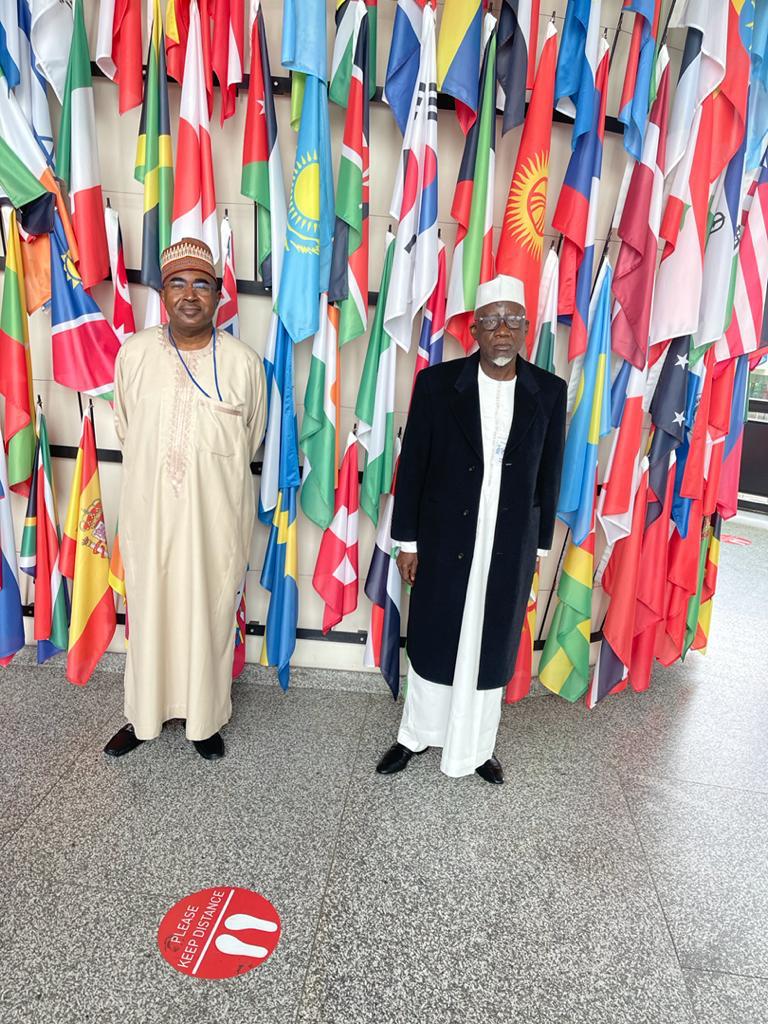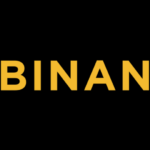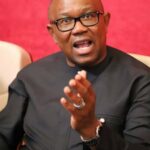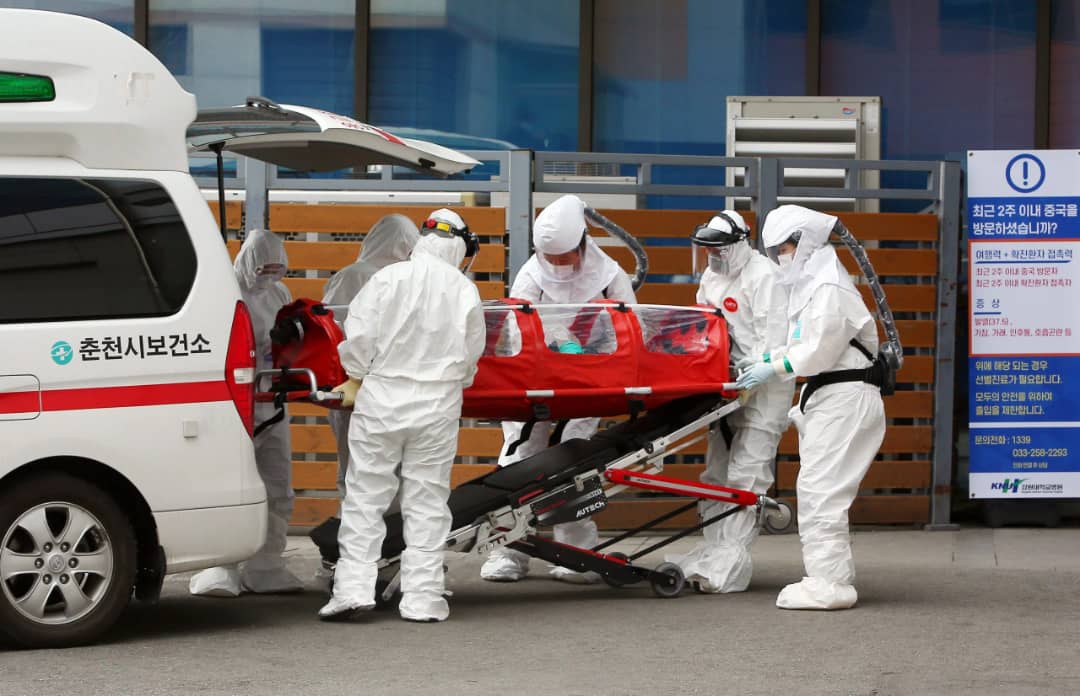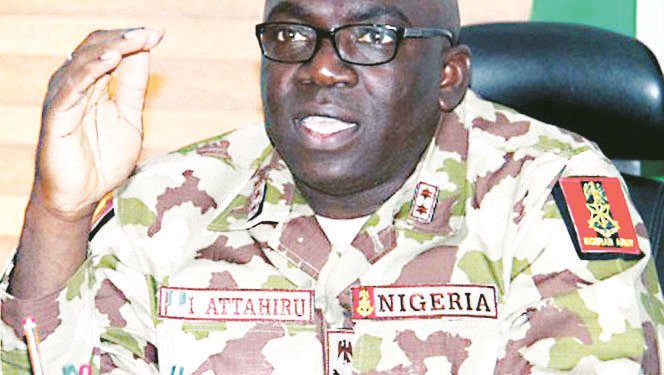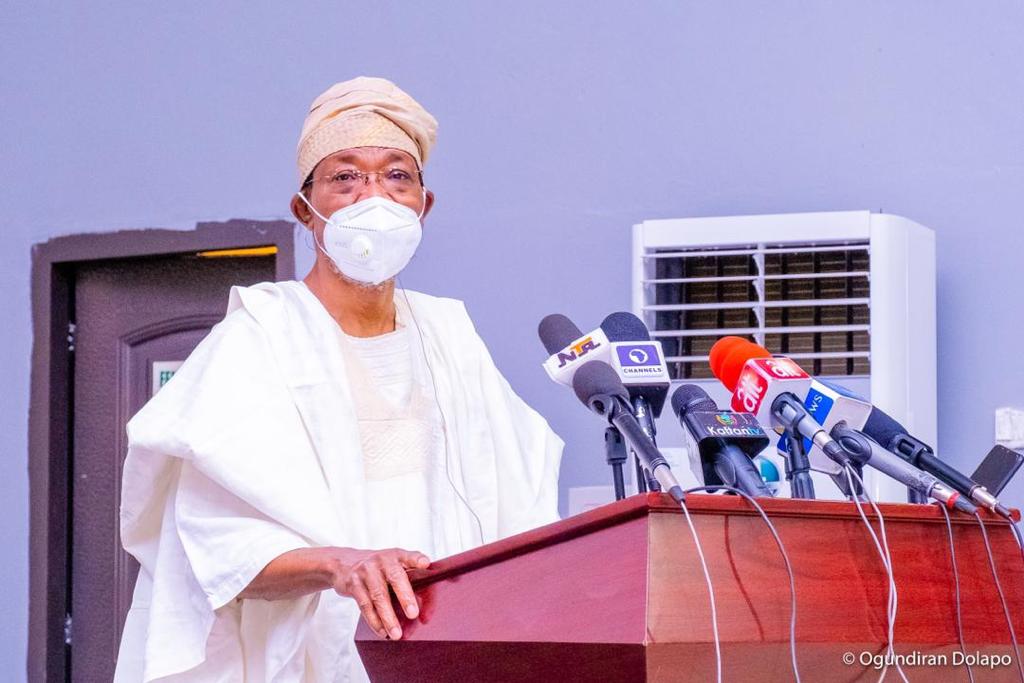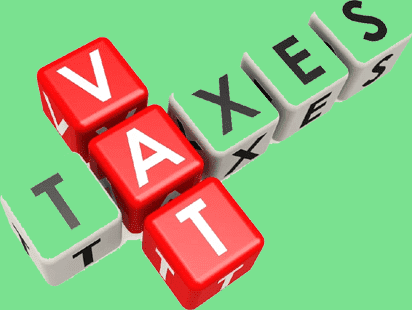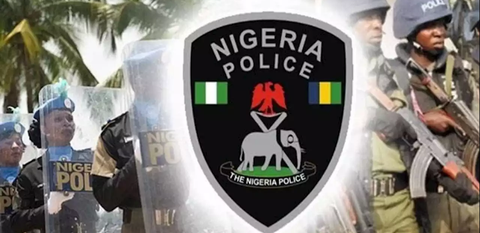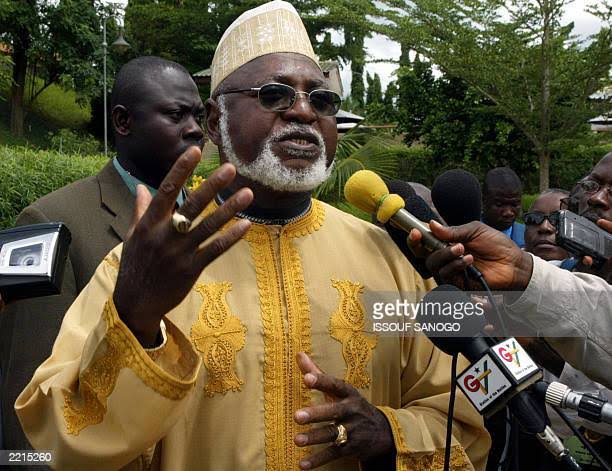The World Health Organisation, (WHO) says a total $15.1 billion is needed to close the funding gap of more than $16 billion of the Access to COVID-19 Tools (ACT-Accelerator) partnership.
This is coming as COVID cases continue to surge in some countries across the world.
Meanwhile, the G7 countries have pledged a total of 870 million COVID-19 vaccine doses to low- and middle-income countries over the next year, of which at least half is to be delivered by the end of 2021.
Making this known at the just concluded G7 summit in UK, the WHO Director-General Dr Tedros Ghebreyesus noted that many countries are now facing a surge in new cases without vaccines, even as he commended the G7 countries for their commitment to sharing at least 870 million doses of vaccines.
He said ACT-Accelerator was a proven and operational global collaboration to accelerate the development, production and equitable access to COVID-19 tests, treatments and vaccines.
Tedros called for more support to close the gap in the distribution of the COVID-19 vaccine, and said many other countries are now facing an increase in the number of vaccine-free cases.
“More than $16 billion dollars are still needed in 2021 to fully fund the work of ACT-Accelerator, the global partnership of major international health organisations which is at the midpoint of its funding requirement for 2020-21.
“ACT-Accelerator’s funding gap remains large with an urgent need for funding for tests, treatments and health systems to ensure an end to the pandemic everywhere.”
Warning against the increasing equity divide between the essential tools of COVID-19, he said that in addition to vital vaccine research and development and procurement, ACT-Accelerator needed funds to strengthen health systems and protect health workers administering the necessary tools.
“He needs funds to test, detect and contain hot spots, as well as to identify new variants that will continue to appear; and treatments to save the lives of those who will continue to catch and suffer from COVID-19.
“There is an urgent need for treatments like oxygen, which is seeing an increase in demand five times – and in cases like India, 10 times – more than needed before the pandemic.
“The funding needed for the ACT-Accelerator will address the challenges of getting products to where they are needed most, helping establish testing for 500 million people in low- and middle-income countries of by mid-2021.
“Funds are also needed to help secure the necessary oxygen supply as well as distribute 165 million doses of treatment, including dexamethasone which can save the lives of people seriously ill with COVID.”
Meanwhile, the G7 has committed one billion doses since the February 2021 virtual G7 Early Leaders’ Summit, including pledges made at the G20 Global Health Summit.
In a landmark agreement at the Summit, held in Cornwall, the United Kingdom and Northern Ireland, global leaders pledged to share COVID-19 vaccine doses internationally, in support of global equitable access and to help end the acute phase of the pandemic.
Building on the momentum of the G20 Global Health Summit , G7 countries committed to sharing at least 870 million doses of COVID-19 vaccines directly, with the aim to deliver at least half by the end of 2021, and reaffirmed their support for COVAX as “the primary route for providing vaccines to the poorest countries.”
“This is an important moment of global solidarity and a critical milestone in the push to ensure those most at risk, everywhere are protected,” said Dr Seth Berkley, CEO of Gavi, the Vaccine Alliance (Gavi).
The CEO of CEPI, Dr Richard Hatchett described it as a historic moment adding that the pandemic has shown there was no need to set national against international interests.
“There is still much to do to get vaccines in arms and ensure our R&D allows us to stay one step ahead of the virus. But for today we give pause and celebrate a watershed moment of political alignment and collaboration.”
Henrietta Fore, Executive Director of UNICEF, said without urgent action, the devastation would continue.
“Equitable access to COVID-19 vaccines represents the clearest pathway out of this pandemic for all of us — children included. UNICEF thanks G7 member states for their significant pledges and continued support. However, much work remains to continue to ramp up both the amount and the pace of supply to the rest of the world, because when it comes to ending the COVID-19 pandemic, our best interests and our best natures align. This crisis will not be over until it is over for everyone.”
“Africa’s current vaccine supply shortage risks prolonging the pandemic, not just for millions on the continent, but for the whole world. I applaud the Group of Seven’s leadership in sharing doses with COVAX and urge them and others to share doses now, not later in the year when our need is greatest,” said Group CEO, AMREF Health Africa, Dr Githinji Gitahi.
You can always reach us through these channels Facebook: https:/www.facebook.com/ancitymedia Instagram: https://www.instagram.com/ancitymedia Youtube Channel: https://youtube.com/@ancitymedia
Phone Numbers: 07062501185, 09038738731 E-Mail: info@ancity.com.ng, anambracity@gmail.com Copyright. This Post: $16bn funding gap stalls global COVID-19 response, says WHO was approved and published by Ancity Media Editor and may not be republished elsewhere without prior written permission from the Editor. |



